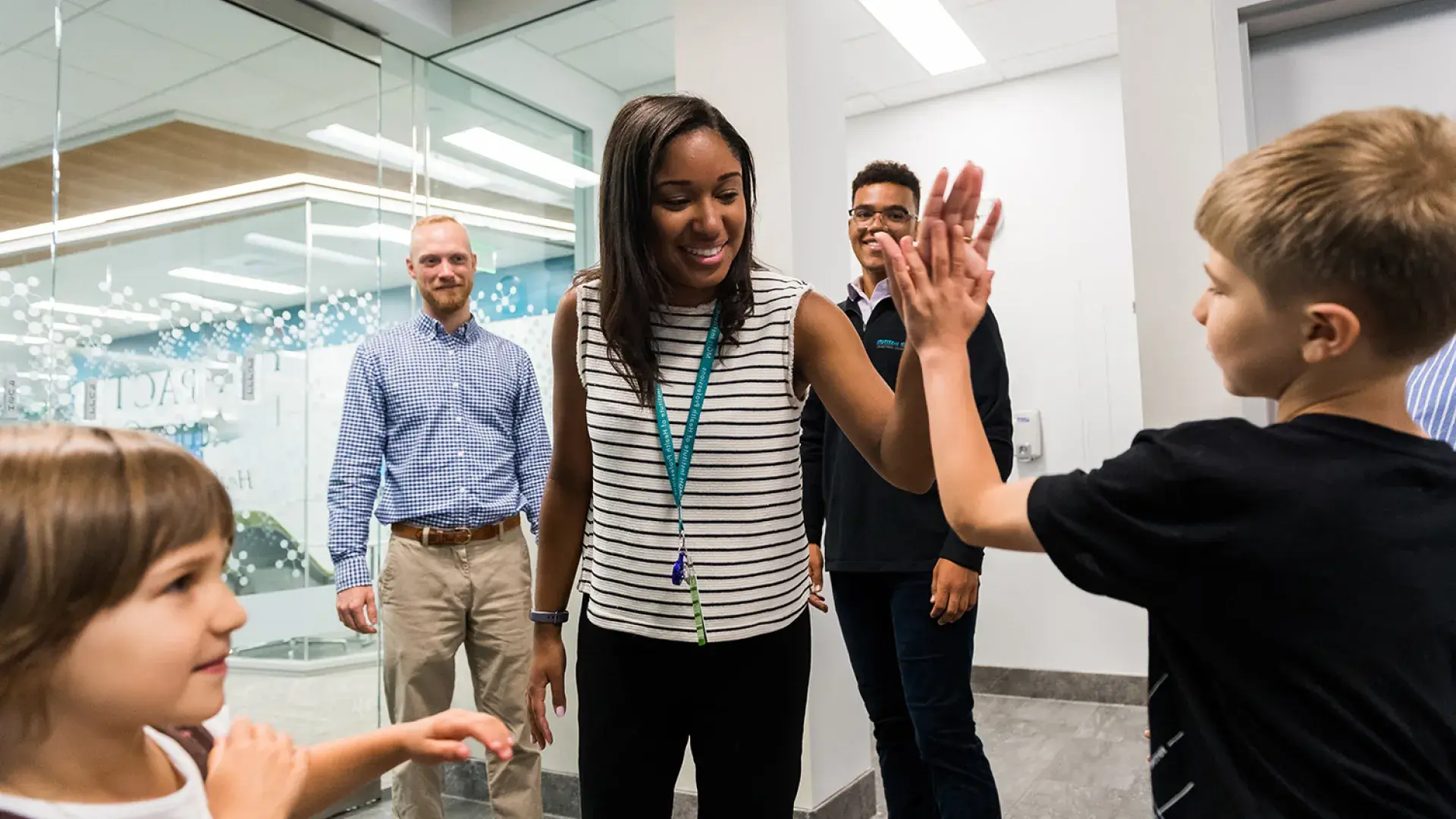
Transforming education and care
The School of Health and Rehabilitation Sciences serves individuals, communities and organizations through the advancement of health professions education, research, and service.
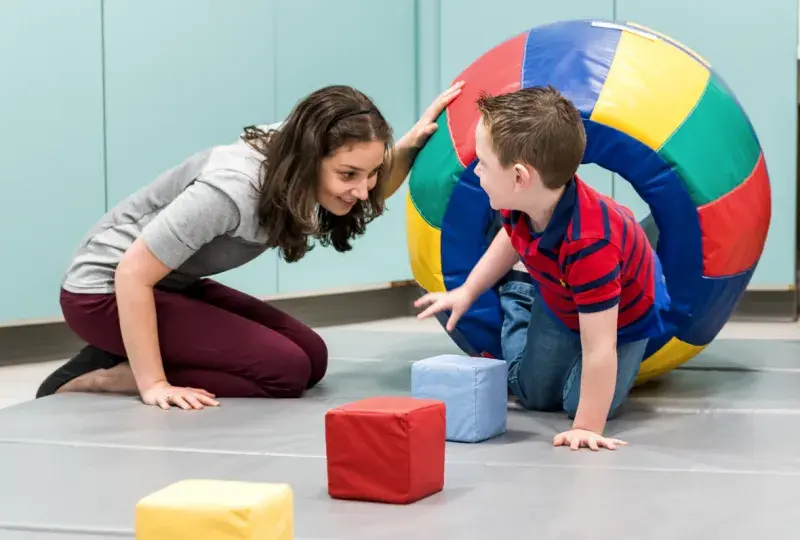
The Julie Atwood Speech, Language and Literacy Center
We offer comprehensive assessment, therapy and specialty services for both developmental and acquired disorders of speech and language, helping people of all ages communicate more effectively. Graduate students enrolled in our Master of Science in Speech-Language Pathology program, and those enrolled in our Certificate of Advanced Study in Literacy and Language program work with children and adults with communication and reading difficulties.
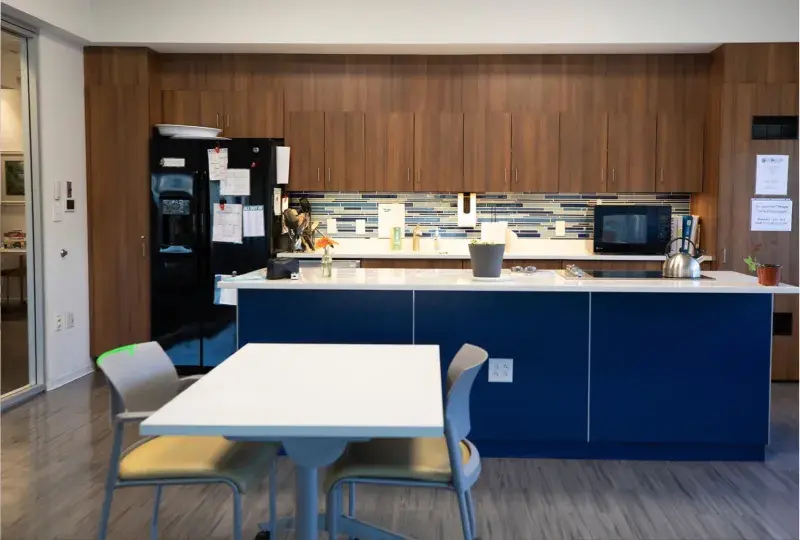
Tabor/Connor Family Occupational Therapy Center
In the Tabor/Connor Family Occupational Therapy Center for Learning, Participation, and Rehabilitation (OT CLiPR), students apply what they have learned in the classroom by providing pro-bono services to youth and adults from the greater Boston community who have a variety of physical, developmental, mental, or behavioral health needs impacting their ability to successfully participate in their lives. Experienced OT faculty and staff closely supervise the students.
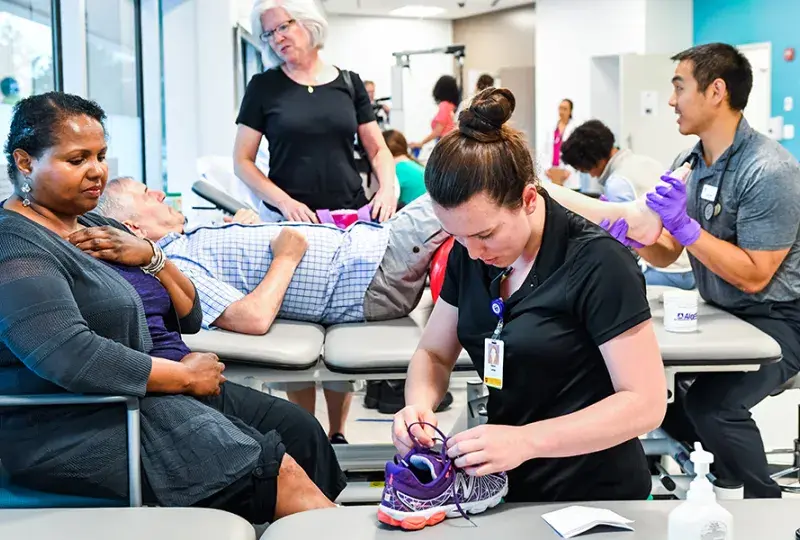
Marjorie K. Ionta Physical Therapy Center
As part of their course work, students from our Doctor of Physical Therapy program provide services to children and adults experiencing long-term neurological, cardiopulmonary, and musculoskeletal issues. Under supervision of licensed faculty in the physical therapy department, students conduct assessments, interventions, and specialty services, in the Adult and Children’s Rehabilitation Gym.
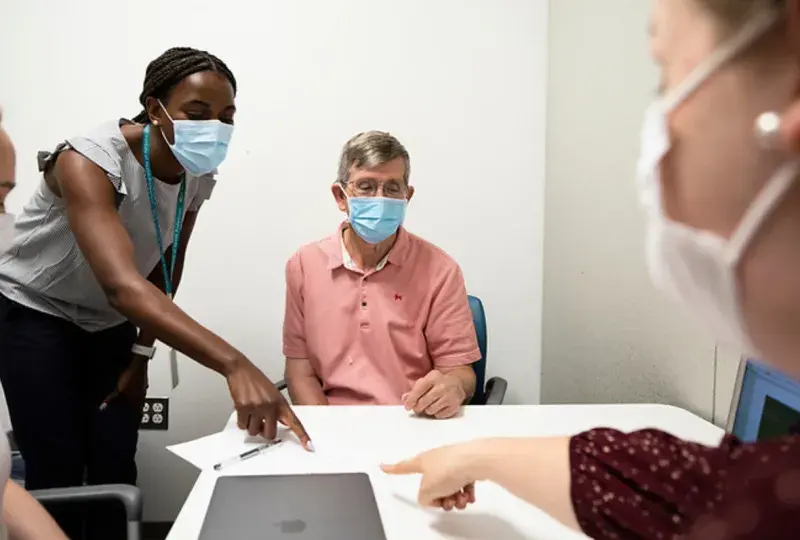
Marjorie Nicholas Aphasia Center
As part of their graduate education, all students must complete “clinical practicum” experiences at local hospitals, schools, rehabilitation centers, etc. The Aphasia Center serves as one of these sites. Each semester, at least seven graduate students are assigned to work in the Aphasia Center.
